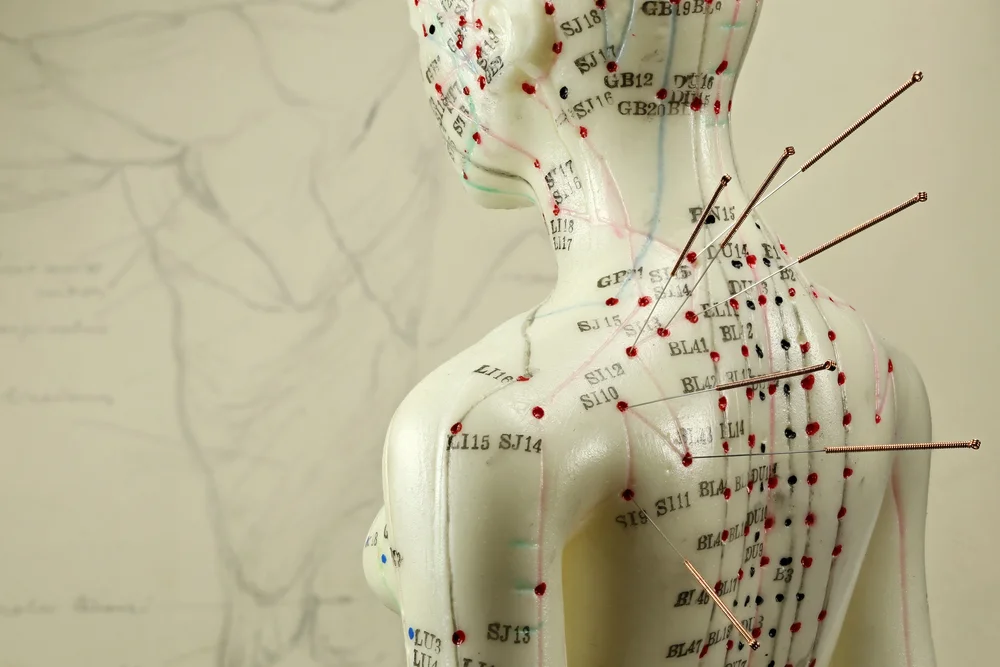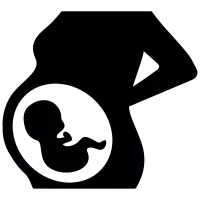Pregnancy Morning Sickness:
Morning sickness, characterized by nausea and vomiting, is a common problem during the first trimester of pregnancy. It can make it difficult for women to eat and maintain a healthy diet, which can lead to dehydration, weight loss, and nutritional deficiencies. Many women seek relief from morning sickness through various means such as medication, dietary changes, and complementary therapies such as acupuncture.
Acupuncture is a form of traditional Chinese medicine that involves the insertion of thin needles into specific points on the body, called acupoints. It is believed to stimulate the body’s natural healing processes and improve overall well-being. Acupuncture has been used for centuries to alleviate various health conditions, including morning sickness during pregnancy.
Acupuncture can help to reduce the symptoms of morning sickness by regulating the activity of the digestive system, calming the mind, and promoting relaxation. It is believed to work by stimulating the release of endorphins, which are natural pain-relieving hormones, and by regulating the activity of the hypothalamus, the part of the brain that controls the digestive system.
One of the most commonly used acupuncture points for morning sickness is Neiguan (PC6), also known as the Inner Gate. This point is located on the wrist and is believed to regulate the activity of the stomach and the intestines. Stimulating this point can help to reduce nausea and vomiting. Another commonly used acupuncture point for morning sickness is Hegu (LI4), also known as the Union Valley. This point is located on the back of the hand and is believed to regulate the activity of the spleen and the stomach. Stimulating this point can help to reduce nausea and vomiting.
Acupuncture can be used in combination with other therapies such as ginger, acupressure, and herbal medicine to enhance the effectiveness of treatment. Acupuncture treatment can be administered once or twice a week for several weeks, depending on the severity of the symptoms and the response to treatment.
It’s important to note that acupuncture is generally considered safe for pregnant women, but it is important to consult with a licensed acupuncturist and OB-GYN to ensure the safety of both the mother and the baby. Also, it should be used in conjunction with other prenatal care and not as a replacement of conventional medical care.
In conclusion, acupuncture is a safe and effective complementary therapy for morning sickness during pregnancy. It can help to alleviate symptoms by regulating the activity of the digestive system, calming the mind, and promoting relaxation.









